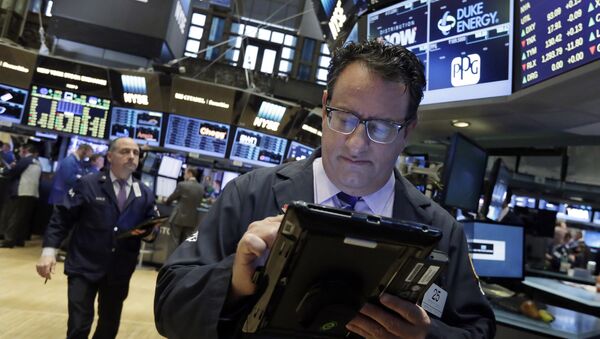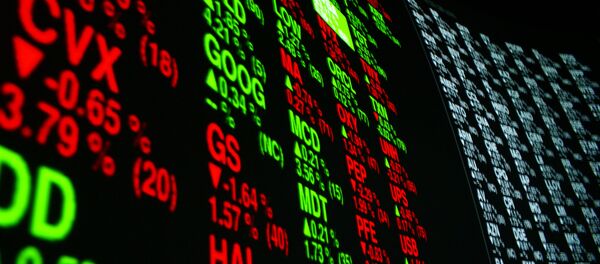However, a hike in US borrowing costs will probably only happen in July, after the risks associated with a Brexit scenario have passed and US election fever is not full-force yet, should the macro indicators be sufficiently encouraging.
The next Federal Open Market Committee policy meeting is slated for 14-15 June, just a week before the June 23 Brexit referendum in the UK. Hence, the excessively cautious regulator is very unlikely to take on the risks associated with US rates going up, given the possibility that the UK might leave the European Union; a US rate hike coupled with a schism in the EU economy could create a 'perfect storm' of global financial instability.
Nonetheless, on Tuesday, two Fed officials, Atlanta Fed President Dennis Lockhart and San Francisco Fed President John Williams, both confirmed that an increase in base borrowing costs might be an option during the June meeting.
"I think it is a little early at second-quarter data to draw a conclusion, so I am at this stage inconclusive about how I am going to be thinking about June, but I wouldn't take it off the table," Lockhart said.
That said, a hike in rates is coming, though neither Lockhart nor Dudley spoke of international headwinds potentially affecting Fed decision-making.
"I think the incoming data have actually been quite good and reassuring in terms of policy decisions, so, in my view, June is a live meeting," Williams said. In his separate interview, the San Francisco Fed President also said raising rates twice this year "makes sense."
Therefore, the Fed isn't likely to pursue any major policy decision in June, particularly given that US macro data have been only moderately optimistic recently, and the broader economy is facing the risk of falling into a recession. This leaves the possibility of a July hike firmly on the table.
It is yet unclear, however, whether the Fed would be able to hike rates just once or twice this year. While Fed officials have optimistically stated two hikes may be in line, the lack of predictability accompanying the outcome of November elections might render any subsequent hike planning unviable.
"The Fed is going to hike only once, not four times, this year, not even two times," Nouriel Roubini of Roubini Global Economics said at a Credit Suisse Group AG-hosted event in Moscow. In Roubini's opinion, the Fed is a macro regulator "not just for the U.S. economy but also for the global economy," therefore it's "more likely to go more slowly" in its decision-making.
All in all, the next hike in rates in likely to arrive in July, when the window opens right between the massive risk of Brexit and the US elections. Should the Fed be able to afford a second hike this year (i.e. the US economy doesn't slide into recession by then), it won't happen until December.


